Conkers have always been a part of my childhood. In primary school I remember being shown how to put string through the conker so we could spend the whole of break and lunch playing ‘Conkers’.
However within the last week the IUCN (International Union for Conservation of Nature)
now classified the Horse Chestnut on the ‘vulnerable’ to extinction list in Europe.
Horse Chestnut trees are declining because of disease and the rise of an invasive moth. Young saplings only survive three to five years before they are killed by the leaf-miner moth. Mature trees aren’t as susceptible.
CONKER is one of the words in Robert Macfarlane and Jackie Morris’s book ‘The Lost Words’ with a beautiful poem to go with it.
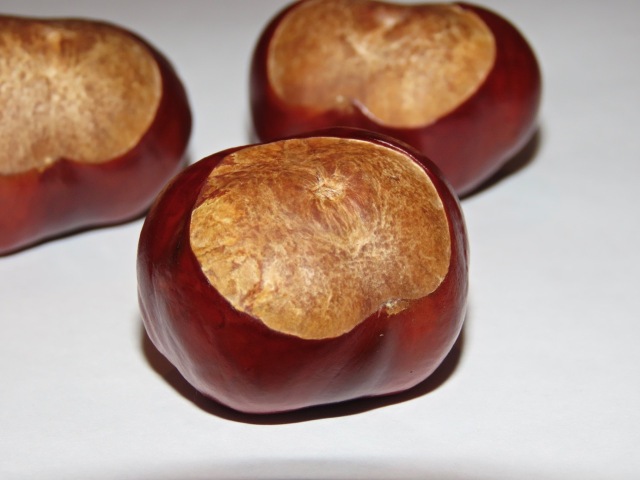
A huge Horse Chestnut tree watches over my local badger sett. Stick, Arrow, Pirate and the rest of the clan forage under the shelter of its branches.
I noticed that quite a few of the conkers had been eaten. Although they are poisonous to humans and dogs, deer and squirrel eat them. I’m presuming by the way these were peeled that they were eaten by a squirrel.
I couldn’t make it down to London today to Chris Packham’s #HS2NoThankYou peaceful protest, so I collected a few conkers to plant in pots in my own garden. I’ve been doing this with acorns for a number of years and now have roughly 30 oak saplings ranging from a few centimetres to over a metre tall. I’m hoping that in a couple of years my oak saplings will be joined by some Horse chestnut ones (if they survive).
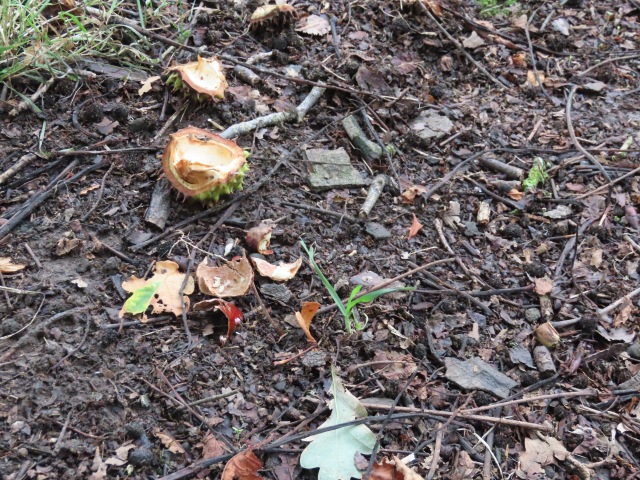
Get Your Boots On is now available from the publisher (The fastest way to get it) by clicking this link https://divedup.com/shop/get-your-boots-on/
Or you can ask for it in your local book shop or order online from Amazon UK



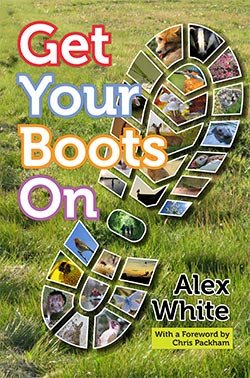
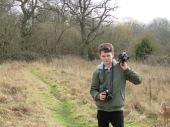





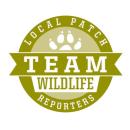



Pingback: Conkers – Wildonline.blog
Good luck with your seedlings. Diseased trees here in France have been doing a little better lately and the nuts I planted have grown very well.
LikeLiked by 1 person
That’s good to hear. Yes, our hazelnut trees are doing well too. A couple of years ago my parents plants a mixed hawthorn and hazel hedge with honeysuckle. We now have flocks of Sparrows in it all the time
LikeLike
Hi Alex interesting conked blog .
I was only talking to a man this morning , who collected 5 conkers and potted them up last year . They grew in to strong healthy young trees . He told me he had planted in a woodland near him . Were there are empty spaces , where old trees had been felled . Fingers crossed they survive and thrive . I was only thinking about doing the same myself a month ago . Now my mind is made up to do my bit for the much loved Horse Chestnut tree .
LikeLiked by 1 person
That’s great. I have somewhere for my oak trees to go. Someone local owns a wood and wants to plant them.
LikeLike
Great Conker memories of great horse chestnuts. Some of the National Trust Osterley horse chestnuts have died but they saved some by some severe lopping. It looked awful at first but has worked for many of them in an avenue. Sorry I missed Chris Packhams HS2 demonstration and the climate one. I seem to end up writing poems instead. Will check out your book.
LikeLiked by 1 person
Glad to hear the trees are doing well now.
Thank you for looking up my book
LikeLike
I didn’t know that Horse Chestnuts were considered “vulnerable,” Alex. Whenever I am in Germany during the spring, I love their beautiful blossoms. As kids, we collected them and fashioned any number of animals out of them. I hope you will be able to grow and transplant a few trees!
LikeLiked by 1 person
There seems to be a lot of trees and shrubs on the ‘vulnerable’ list. I think, like me, people are horrified to hear about the animals going extinct but forget about the plants
LikeLiked by 1 person
You are right, Alex, we need to care about the plants as well. 🌳
LikeLike